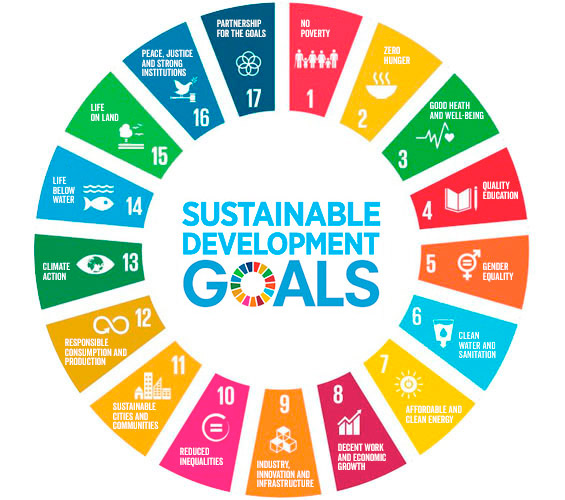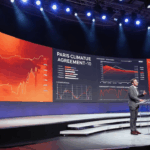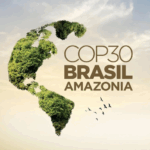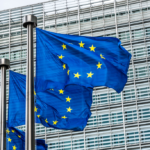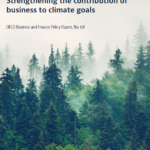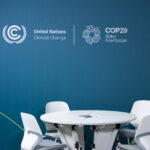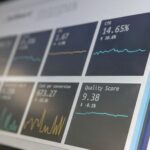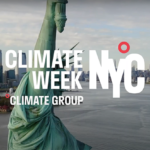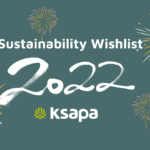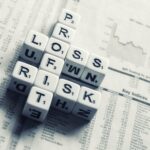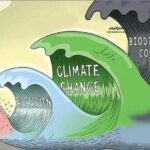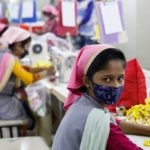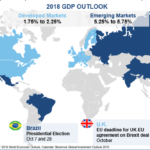The latest in a long line of distortions in corporate sustainability commitments, SDG-washing consists in claiming support of a United Nations’ initiative, without resolutely acting in favor of the global community, let alone managing negative impacts. Here are 5 key progress points for businesses and investors to uphold the 2030 Agenda.
3 Reasons for Lagging Progress Against the SDGs
The stakes are twofold. Under the guise of supporting the 2030 Sustainable Development Goals, a number of economic actors have narrowed down their contribution to the Global Agenda, either to one of the 17 goals or to a single sub-target within the broader objective they claim to serve. Other companies have indeed developed a roadmap, but fell short of indexing their goals to the long-term vision underpinning the SDG. Taken out of context, their action plans are incomplete, if not outright counterproductive.
1. Commitments, but Lacking Action
While the 2020 Responsible Mining Index has highlighted the mining sector’s efforts to take on the SDG, it also stresses companies have mostly stuck to formal commitments. Since its 2018 report, a few companies have indeed developed more stringent management standards, but most have struggled to translate their commitments into sustainable business practices. Most remain unable to demonstrate the effectiveness of their environmental, social and governance (ESG) risk management systems. Even fewer conduct a comprehensive risk mapping and take appropriate action to address any and all occurrence of risk.
2. Tunnel Vision Across the Private Sector
In the mining sector as elsewhere, public commitments do not necessarily imply businesses will earmark the necessary resources to fully plan, act, verify and remedy risks. Companies must be warry of not compromising the SDG as a whole through counterproductive actions. For example, a company may focus on digital technologies and renewable energy to advocate for climate action (SDG 13). Without acknowledging the serious environmental and human rights risks linked to the extraction of rare minerals, they directly contradict SDG 8 on decent work and economic growth. Much in the same way, any agri-food company would logically lay claim to countering world hunger (SDG 2), but selling fatty and sweet products contributes to the current surge in cardiovascular diseases, in direct contrast with SDG 3 on health and well-being. Both examples demonstrate the complexity of fully grasping the challenges of the SDG. One could go so far as to say few players can realistically avoid the accusation of SDG-Washing.
3. Misaligned reporting
According to the 2018 Global Reporting Initiative report, 31% of the sustainability reports published in its database included a broad commitment to the SDG. The World Business Council for Sustainable Development now estimates that 79% of 157 analyzed companies are at least partly aligned with the 2030 Global Agenda. In fact, 45% index their sustainability goals to SDG-linked criteria. That said, only 6% fully match their strategies and goals with specific SDG sub-targets and indeed measure their contribution to the SDG most relevant to their operations.
Given the resulting reporting discrepancies and general lack of data disclosure, rating agencies are hard pressed to address the sincerity of individual corporate commitments to the SDG. While investment professionals are generally attuned to the specificities of ESG performance, measuring progress against the SDG is not so much a case of analyzing quantitative or qualitative information as much as a company’s capacity to formalize a strategic vision for the long run. In other words, SDG and ESG reporting are two very different matters for analysts, who have very little in the way of a correlation table to combine the two. While the Global Compact and GRI have developed reporting guidance and engagement platforms to address the issue, only 40 companies would appear to have seized the opportunity.
Finally, the 2020 report on the completion of the SDG warns of a “persistent inequality of progress”, given the past years has seen the fight against hunger, climate change and increasing inequalities either halted or reversed. Alarming signs of a second wave of the Covid-19 pandemic would tend to confirm – if need be – the urgency of concerted and comprehensive action.
5 progress points for key players to address the 2030 Global Agenda
The challenge for companies and investors appears to lie in accessing concrete and coherent guidance to fully uphold the 2030 Global Agenda. Here, Ksapa lists 5 key issues to ensure they contribute to SDG completion in line their (considerable) means.
1. Select SDG Linked to Core Business
The SDG framework outlines a collective purpose to the global community and stakeholders at large. As such, each Sustainable Development Goal has its own specific purpose. Businesses cannot and are not expected to address all 17 SDG in equal measure. In fact, it stands to reason a company is only credible in acting on select SDG most relevant to their value proposition. Prioritizing up to 5 SDG is a way for corporates to demonstrate their SDG action is aligned with their core business. For instance, a company that markets energy efficiency solutions serves the broader mobilization to curb global warming (SDG 13) whereas a textile business targeting a female clientele is likewise best equipped to focus on gender equity (SDG 5).
2. Index Long-Term Corporate Strategy, Products and Services Against SDG Progress
The SDG offer a pathway to achieving sustainable and inclusive growth by 2030. While most companies struggle to set their sights so far, the SDG constitute an actionable framework to design long-term goals and an equally farsighted strategy. This is the most credible way to demonstrate purpose-driven leadership and solidify corporate commitment to the Global Agenda. An agri-food business, for example, would be well advised to address SDG 3 (Good Health and Well-being), where sub-targets light the way toward revamping its entire product portfolio to progressively cut sugar, salt, saturated fatty acids, highly processed ingredients from its recipes and products.
3. Address the Interconnections Between SDG and Curb Negative Impacts Accordingly
Progress on any given SDG likely impacts the broader 2030 Global Agenda. Indeed, curbing climate change (SDG 13) bolsters the production of renewable energy, which in turn affects land use change away from food production (wind farms, first-generation biofuel production…). This evolution could ultimately jeopardize action against hunger (SDG 2). As such, a company hoping to lead the energy transition must imperatively map its risks and take measures to mitigate the adverse impacts inherent to its approach. These could range from land selection to managing human rights issues, inclusive of improving working and living conditions throughout its supply chains (SDG 8).
4. Demonstrate Future-Oriented Commitments Based on Track-Record
Corporate commitment and SDG policy hinge on its reviewing past performances and stakeholder feedback. The question for a company then lies in its capacity to build on past performances and amplify its contributions to priority SDG in the coming years. Sustainable Consumption and Production (SDG 12) among those most popular among companies. The credibility of their individual contributions depends on their ability to share information on past efforts aligned with the SDG, embed lessons learned and take on new objectives to amplify SDG impact by 2030.
5. Support Long-Term Engagement, Complete With Impact and Economic Performance
The SDG are inherently long-term goals, whereas business cycles are typically driven by short-term performance objectives. To avoid piecemeal engagement across the SDG and perseveres in good times and in the bad, as will likely be the pandemic-induced recession, businesses must tie their economic performance to long-term SDG impact. For instance, businesses involved in innovation and infrastructure (SDG 9) must demonstrate just how they intend to link their results (sales of technical solutions notably, in both volumes and across priority markets) with projected impact, with criteria ranging from the number of beneficiaries, quantified impacts on their daily lives or the corresponding organizational environmental footprint. This way, the correlation between core business and social commitment is clear: company competitiveness hinged on SDG completion, regardless of the business climate.
Conclusion | Tapping Into a $12 Trillion Opportunity
According to the Better Business, Better World report, comprehensive corporate engagement across the SDG could very well help create 380 million jobs and unlock up to $12 trillion in business opportunities between now 2030. Businesses and investors also have a major ethical obligation to act now to address the nexus of economic growth, inequalities, environmental risks and human rights violations – all the more so in a context of pandemic-induced recession.
Think your company and team need expert support to quantify your impacts and set bold targets? Tap into sustainability certifications to enshrine your group’s contribution to the SDG? Fully embed SDG quantification and reporting throughout your decision-making processes? Ksapa is a reference platform committed to advancing SDG engagement throughout the global business and investment community: reach out to our teams so that we might examine together how to build resources, processes and solutions relevant to your operations.
Président et Cofondateur. Auteur de différents ouvrages sur les questions de RSE et développement durable. Expert international reconnu, Farid Baddache travaille à l’intégration des questions de droits de l’Homme et de climat comme leviers de résilience et de compétitivité des entreprises. Restez connectés avec Farid Baddache sur Twitter @Fbaddache.

